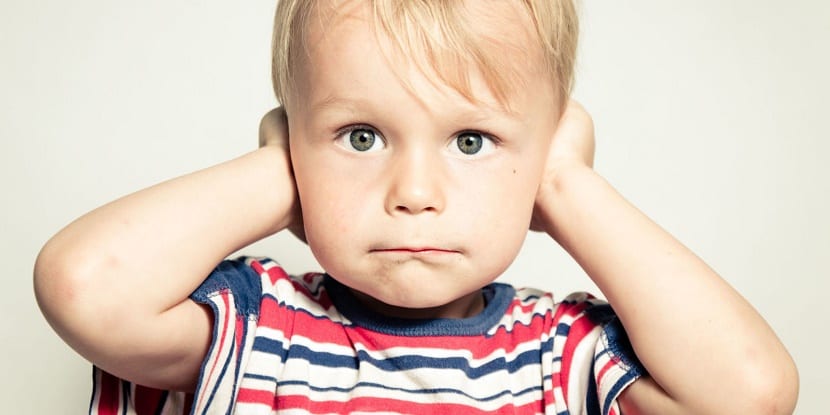
To err is human, and this cannot be denied by anyone in the world. Making mistakes in discipline is part of being a parent, parenting is not easy and in many cases it seems like a trial and error.
Many parents inadvertently find that they are suddenly yelling at their children and losing their cool when they consider that their little ones are misbehaving. After this storm, they always realize that the situation could possibly have been handled better.
There are ways to fix these common mistakes parents make. Visualize yourself reacting differently to your child the next time he does something you lose your temper about, and have confidence in your ability to change his bad behavior and your reaction to his behavior… without going through bad manners. Remember first that these discipline mistakes are common to most parents and once you realize it, you will be growing as a parent.
Not respecting children
Parents ask their children to respect them, but sometimes they forget that respect should be a two-way street. One of the most common mistakes parents make when disciplining children is yelling, speak in a severe and angry tone, or even insult your children. Giving and asking for respect in return is one of the cardinal tips to remember about disciplining children.

To respect your children, think about how you would like them to talk to you if you are resolving a conflict with another adult, and then apply that to your communication with your children. TOGet close to your child's eye level and analyze the problem in question in a kind but firm, and above all, respectful way. No matter how angry you are or how stressed you are, try to stay calm. Don't yell and never belittle your children. If you ever yell at him, then ask for his forgiveness and next time calm down by counting to 10 before talking to your child.
Try to discipline when you are angry
There are things that can never go together like drinking and driving or writing to someone when you are hot since you are angry and you have not given yourself a chance to relax. Disciplining a child while angry is definitely in that "don'ts" category. When you reprimand your child while you are angry about something they did, they are more likely to yell or say something you don't mean.
To prevent this from happening, take a few minutes (or longer if you need to) to calm down and choose your thoughts before talking to your child about their misbehavior. If necessary, go for a walk earlier and give yourself time to reflect on the conflict and thus deal with the situation in a calmer way.
Being inconsistent in parenting
Imagine scolding your child for not cleaning his room but ignoring him when his room is messy for days. Then you scold time for having a messy room again… Your child will be receiving an inconsistent message. One of the best ways to help children correct behavior is by giving them clear instructions about what is expected of them at all times.

In this sense, it is necessary that you give your children clear and simple orders, if necessary, with a realistic list of expectations. For example, if you want your child to clean their room every week, mark it on a calendar and allow that day to be the room cleaning day or have a maximum day in the week to have their bedroom clean.
In this way he will know what is expected of him, and if he does not fulfill his obligation then he will have to have consequences for this behavior. If he doesn't comply, give him a consistent set of consequences. Don't give him different degrees of punishment for the same misbehavior. You must be constant and consistent in enforcing the rules and in the established consequences.
Talking or explaining too much
Giving a long and detailed explanation of your child's inappropriate behavior is not a good idea. Children, even elementary school kids who are getting better at paying attention, can easily lose track of conversations that go into too much detail.
So that this does not happen you must be as direct as possible and divide the basics in the conversation with your child so that he can better receive the message. With older children, you will need to talk about what went wrong and discuss possible alternative scenarios that may be better options. With younger children, you will have to tell them what the bad behavior was and why it was wrong.
Then tell him what to do next, for example: 'You went into your sister's room and took a toy without permission. This made him feel like you didn't care about his feelings. Always ask before picking up your sister's toys or entering her room. '

Not practicing what you preach
If you tell your child not to lie or yell and then you do it, then you are teaching him in a contradictory way that yelling and lying is allowed. If you yell at your children but angry and yelling, you tell them not to yell ... What's the point? The problem is that you often don't see your own behavior and forget that your children are watching your every move. and learning how to behave using your example.
To avoid this, you will have to learn to practice what you preach and be a good example of behavior that you want your children to do as well. If you occasionally break some of the rules, you will have to explain to your children that it is a particular circumstance and why you have behaved the way you have. Talk about how you could have handled it better and how you can do things differently in the future.